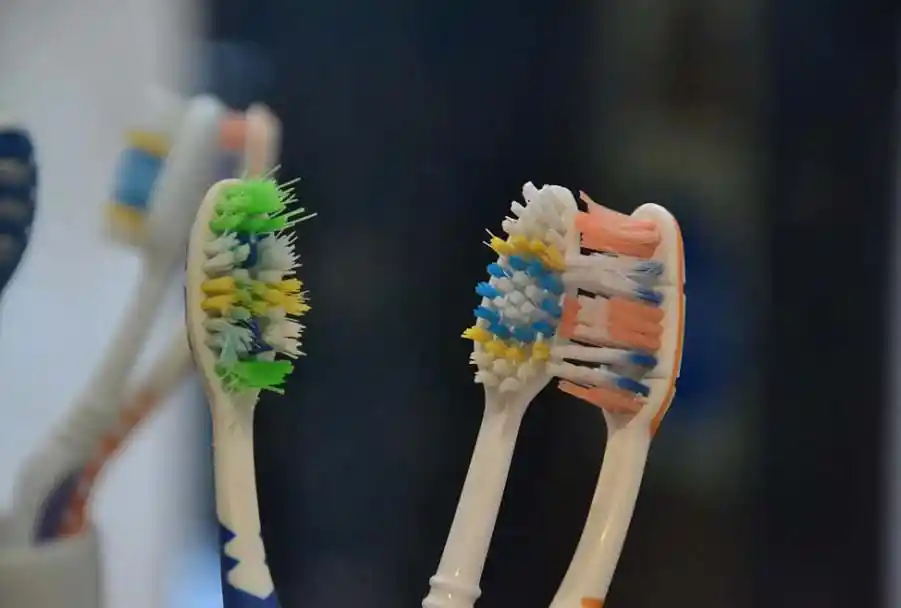In our daily routines, we often overlook the impact of the tools we use, even something as seemingly insignificant as a toothbrush. But with growing environmental concerns and health considerations, the question arises: Is it safe to use a plastic toothbrush?
Plastic toothbrushes have been a staple in households worldwide for decades. They are convenient, affordable, and readily available. However, their environmental footprint is undeniable. The production and disposal of plastic toothbrushes contribute to pollution, including the infamous plastic waste that litters our oceans and landscapes.
Despite these environmental concerns, plastic toothbrush is generally safe for oral hygiene when used properly. The bristles, typically made of nylon, are effective at removing plaque and food particles from the teeth and gums. The handles, made of various types of plastic, provide a comfortable grip for brushing.
However, there are some considerations to keep in mind:
- Bristle Hardness:
Some plastic toothbrushes come with hard bristles, which may cause damage to gums and enamel if used incorrectly. Dentists often recommend opting for soft or medium bristles to avoid this issue.
- Hygiene:
Plastic toothbrush can harbor bacteria if not cleaned and stored properly. It’s essential to rinse the toothbrush thoroughly after each use and allow it to air dry. Additionally, replacing the toothbrush every three to four months, or sooner if the bristles show signs of wear, helps maintain oral hygiene.
3. Toxic Chemicals and Health Risks:
While the plastic used in toothbrushes is generally considered safe for oral use, some concerns have been raised about the potential presence of harmful chemicals such as BPA (bisphenol-A) and phthalates. These chemicals are used in the production of certain plastics and may leach into the mouth over time, potentially posing health risks. Research has suggested a possible link between prolonged exposure to certain chemicals in plastics and increased risk of cancer, further emphasizing the importance of considering alternative options.
- Environmental Impact:
Perhaps the most significant drawback of plastic toothbrushes is their environmental impact. The majority of plastic toothbrushes are not biodegradable and end up in landfills or oceans, where they can take hundreds of ears to decompose. This contributes to pollution and poses a threat to marine life. In fact, each year, over 3.6 billion plastic toothbrushes are used worldwide, adding to the global plastic waste crisis.
On the other hand, there are alternative options available that offer both oral hygiene benefits and reduced environmental impact:
Alternatives to Plastic Toothbrushes:
Bamboo Toothbrushes:
The rise in popularity of bamboo toothbrushes presents a greener option compared to plastic. Bamboo, being biodegradable, renewable, and possessing natural antibacterial properties, serves as a sustainable alternative. However, it’s essential to ensure that the bristles are still made of nylon or another suitable material.
Recycled Plastic Toothbrushes:
Some companies offer toothbrushes made from recycled plastics, which help reduce waste and minimize the environmental impact of production. However, these toothbrushes still contribute to plastic pollution in the long run.
Electric Toothbrushes:
Electric toothbrushes typically have replaceable heads, reducing the amount of plastic waste generated compared to traditional toothbrushes. Additionally, they often provide more thorough cleaning, which can benefit oral health. However, it’s important to consider the energy consumption and potential electronic waste associated with electric toothbrushes.
while plastic toothbrush is generally safe for oral hygiene, their environmental impact cannot be ignored. Considering alternatives such as bamboo toothbrushes or recycled plastic options can help reduce plastic pollution and promote sustainability. Ultimately, making an informed choice about the tools we use every day can contribute to a healthier planet for future generations. By opting for more sustainable oral care practices, we can all play a part in preserving the environment for years to come.


